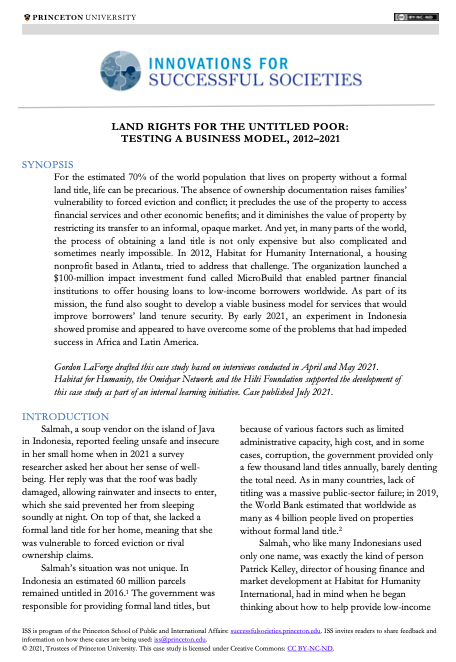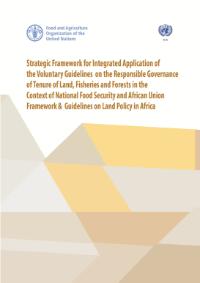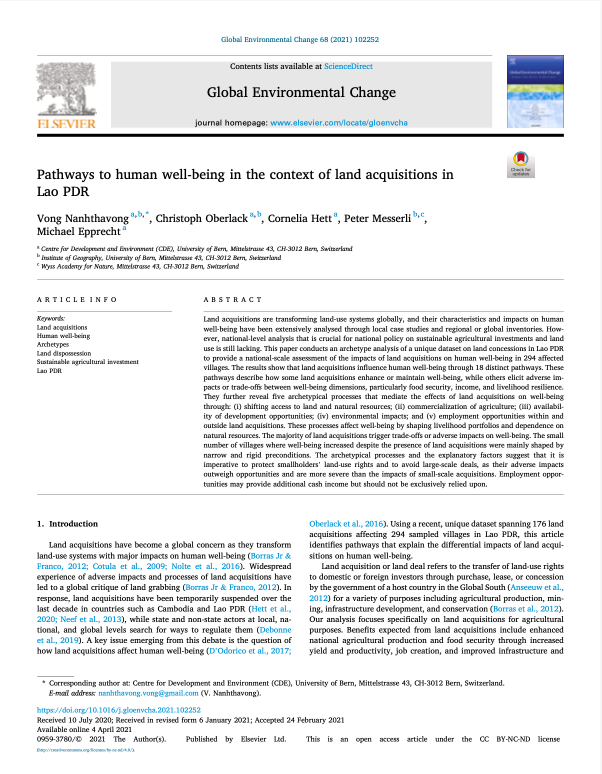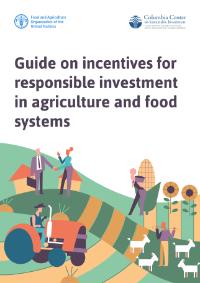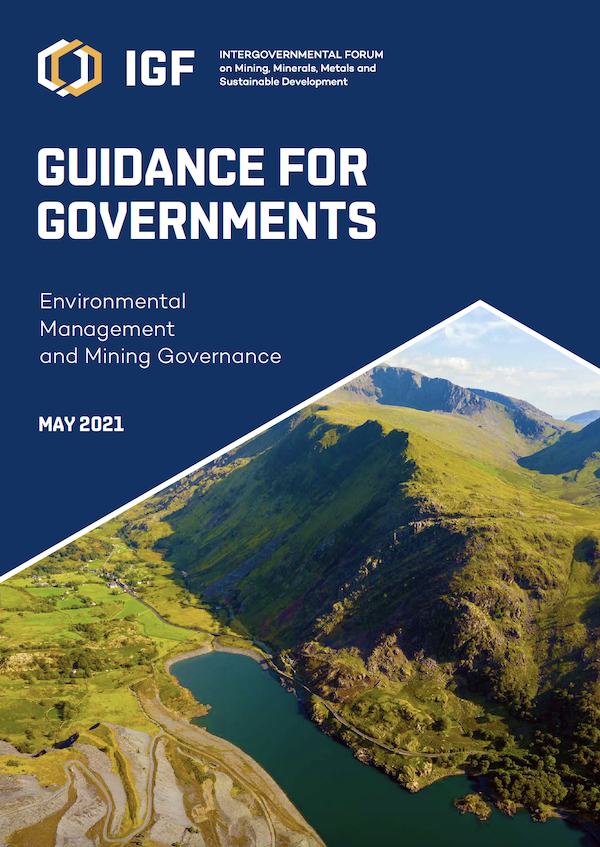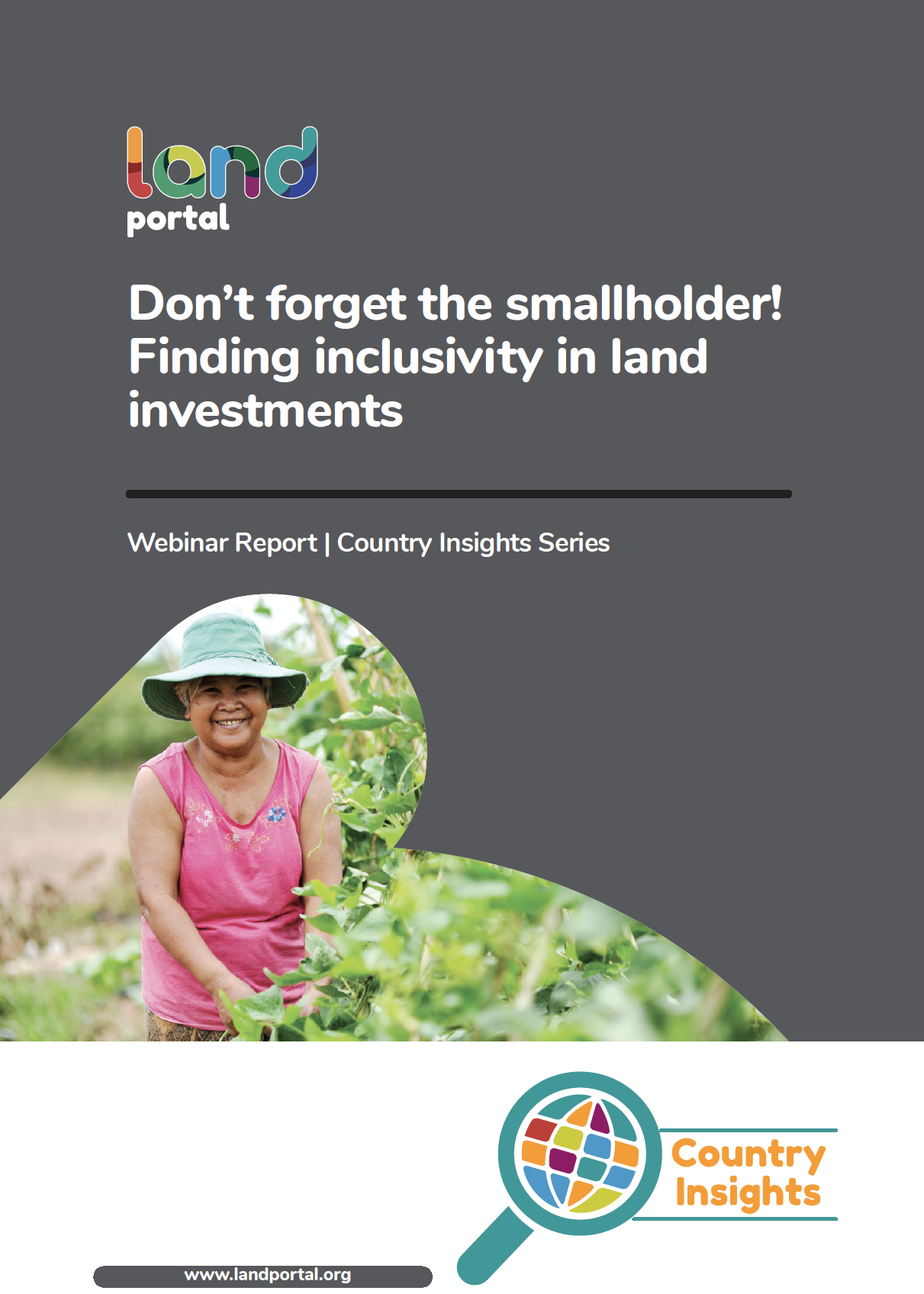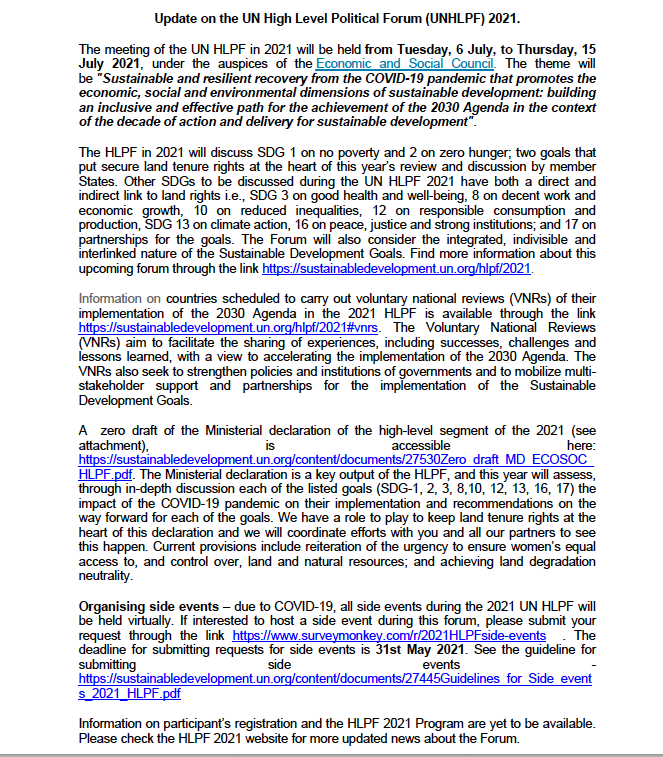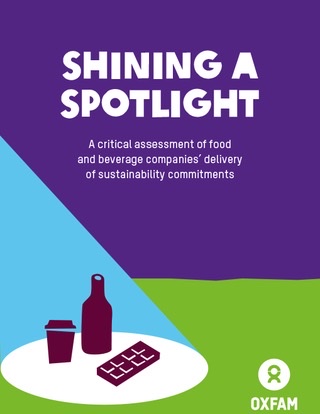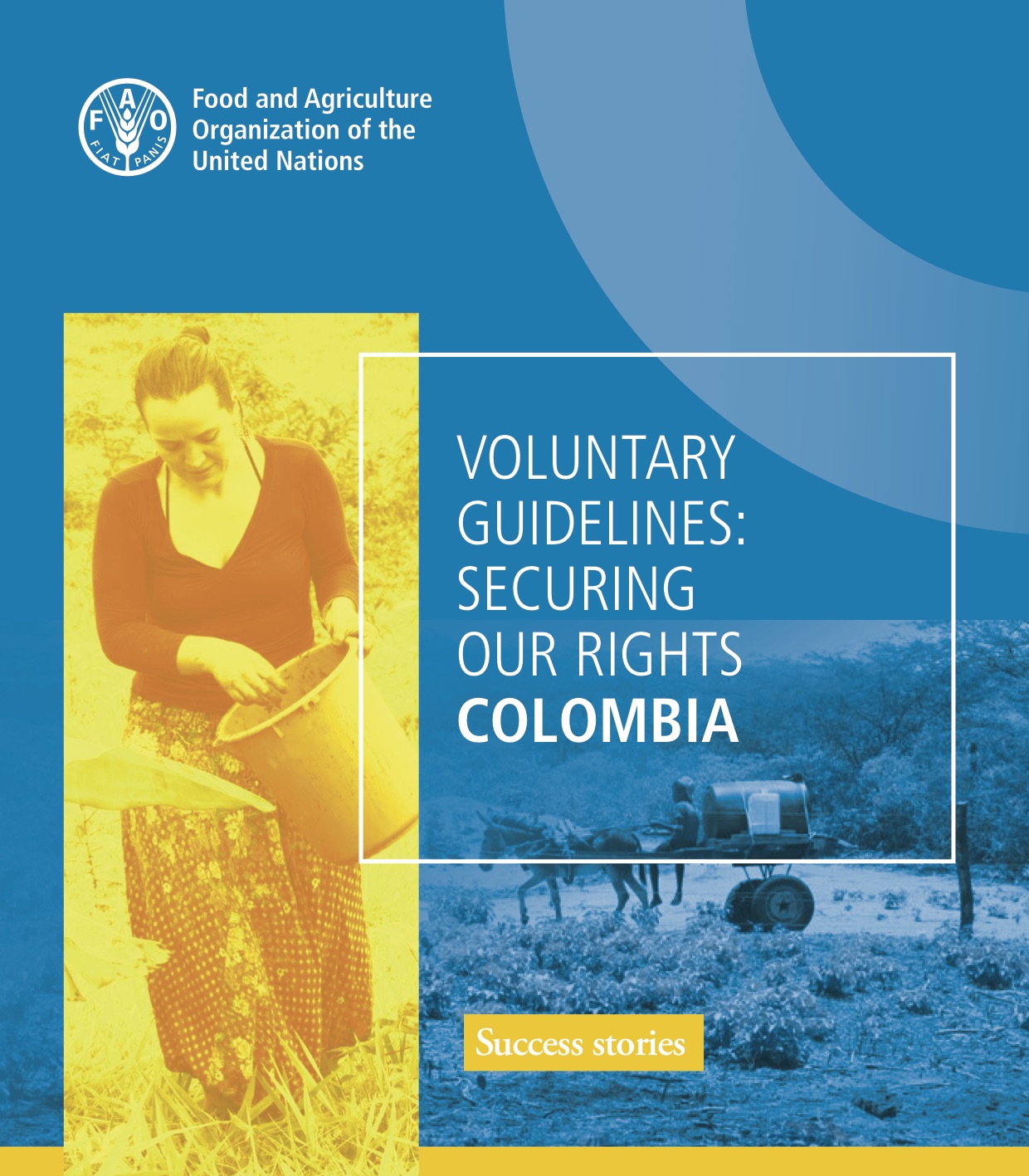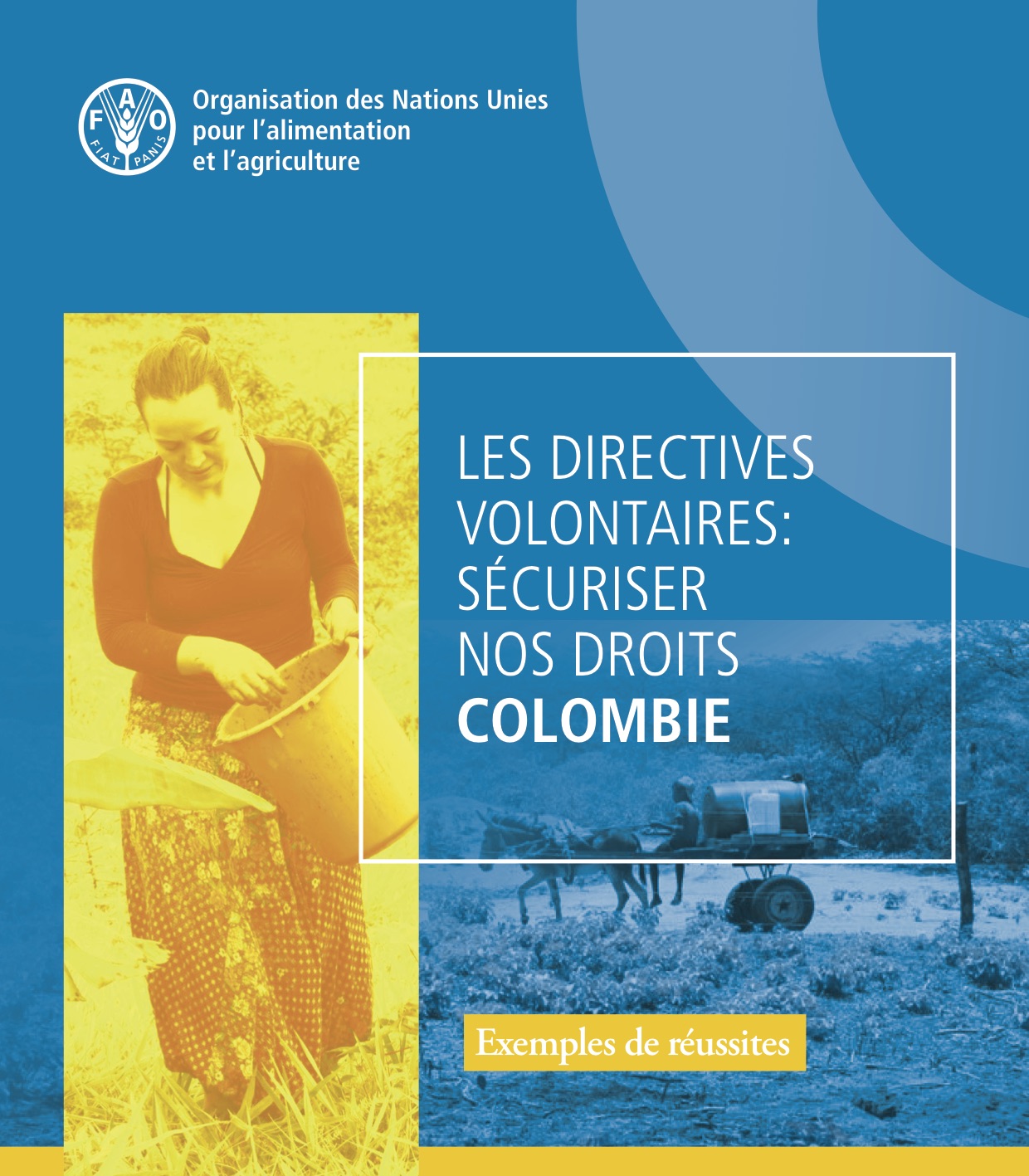Lifting a Curse
Companies in the business of selling farmland to billionaires and pension funds are peddling it as a green;sustainable and socially responsible investment. This propaganda is working. The digital land records and massive quantities of data that big tech companies like Microsoft and Amazon are vacuuming up from farmersfields make it easier for the companies to scour the planet for profitable farmland deals. They can also use satellite technologies and drones to monitor their farms from a distance. But the world’s farmland is finite.


